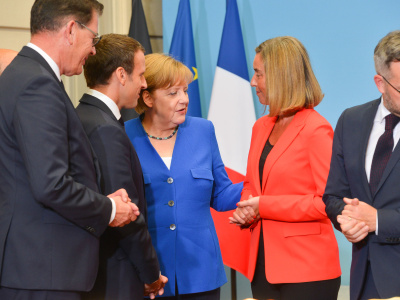
Sailing new waters in international cooperation – On the way to framing future EU engagement with more advanced developing countries
The EU Global Strategy and the European Consensus on Development present the drivers for the EU’s engagement with more advanced (MADCs) and middle-income developing countries (MICs) but do not offer clear guidance. This is partly due to tensions among different objectives: for example, between an emphasis on the EU’s neighbourhood and the global 2030 Agenda; or between the EU’s short-term and long-term interests.
Summary
The new concept of ‘tailoring’ carries different interpretations: 1. adapting the EU’s external engagement to the EU’s interests; 2. endorsing the outcomes of dialogue with partner countries based on mutual interests; 3. using a country-specific toolbox. The benefits of greater managerial and political agility supposedly generated by tailoring should be set against the risks of a piecemeal approach and reduced accountability.
Although the EU’s priorities in the neighbourhood have led to a substantial increase in aid to MICs, there are big differences between different countries and between EU external financial instruments. Income-based measures for development leave little space for political manoeuvre but are manifestly inadequate as a policy-making tool in a diverse world. Future policy choices on MICs and MADCs could involve fewer resources for other countries.
This trade-off could be softened by a more coherent, tailored approach that creatively combines all EU means of implementation. Better collaboration with member states and across EU institutions, and closer cooperation with national actors beyond governments and the development community would also help.
The rationalisation of the current EU’s external financing architecture, for example, the introduction of a ‘single instrument’, will impact future engagement. While operational flexibility and adaptability are assets in cooperation with MICs and MADCs, dedicated policy guidance that sets out EU objectives and its cooperation offer to partners could lead to a more legitimate, transparent EU action.



